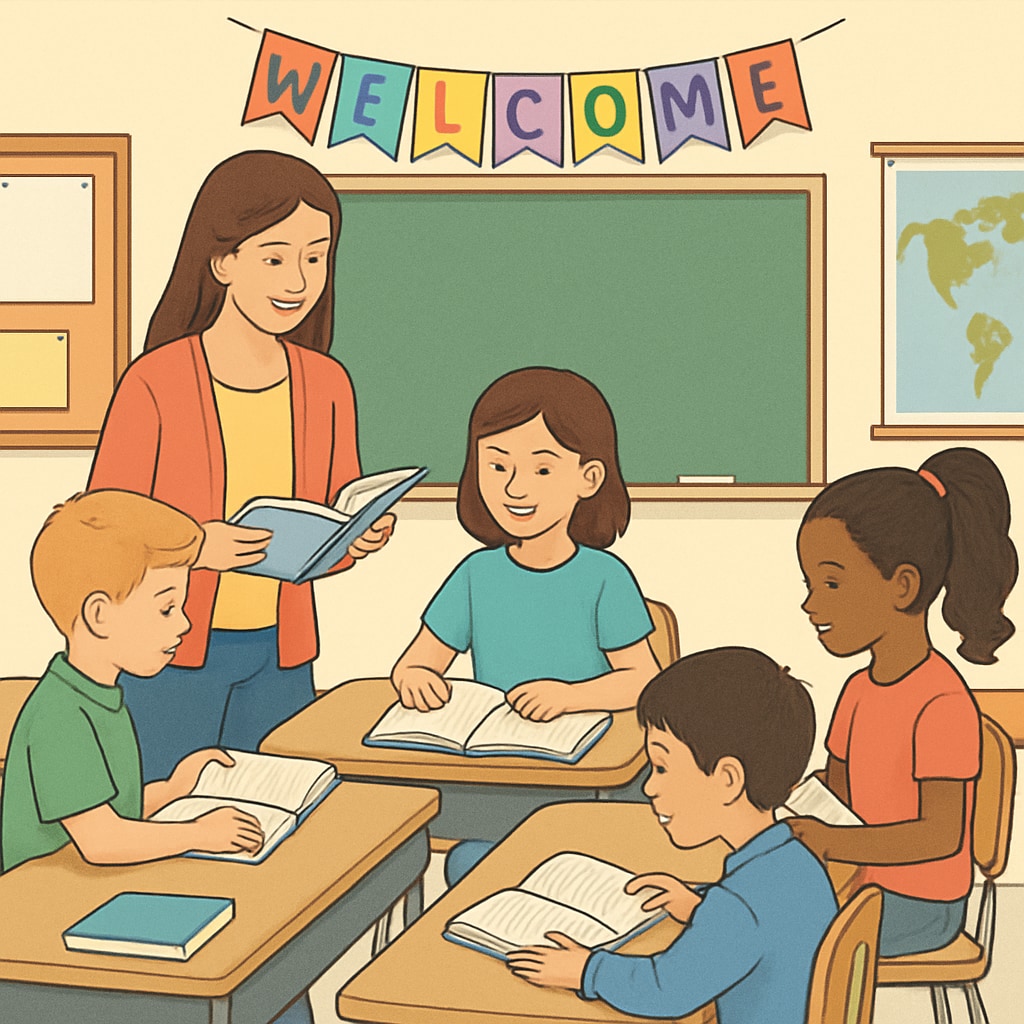Understanding reading comprehension and providing students with appropriately challenging text is essential for their academic growth. To achieve this, we are launching a research project that invites elementary and middle school teachers to contribute their expertise in evaluating text complexity. This study, requiring only 30 minutes of participation, aims to refine the process of matching reading materials to students’ needs, making K12 education more effective and personalized.
Why Teachers Are Key to Text Complexity Evaluation
Teachers are uniquely positioned to assess reading materials due to their firsthand experience with student learning behaviors and outcomes. They understand how vocabulary, sentence structure, themes, and background knowledge influence reading comprehension. While algorithms and automated systems have been developed to measure text complexity, they often fail to capture the nuances of student engagement and understanding. By integrating teacher insights into the evaluation process, this study aims to bridge the gap between data-driven metrics and real-world classroom dynamics.

How the Study Works
Participation in this project is simple and impactful. Teachers will review sample texts and provide feedback based on their professional judgment. The goal is to collect data that informs the creation of a balanced evaluation framework, combining teacher expertise with existing computational models. This hybrid approach ensures that reading materials are both academically rigorous and accessible to young learners.
The study involves:
- A quick 30-minute session to review and evaluate texts.
- Opportunities to share insights on text suitability for different grade levels.
- Contributing to a larger database that shapes future educational practices.
As a result, participating educators will help shape a system that benefits their students and the wider educational community.

The Broader Impact on K12 Education
Accurate text complexity evaluation plays a critical role in fostering literacy skills. When students are provided with appropriately challenging texts, they are more likely to develop critical thinking, vocabulary acquisition, and a love for reading. Conversely, mismatched materials can hinder comprehension and engagement, creating unnecessary hurdles in their learning journey.
As a result of this study, educators and researchers can collaborate to refine K12 reading resources, ensuring they meet diverse student needs. Additionally, this initiative highlights the importance of teacher input in educational innovation, reinforcing their role as key stakeholders in shaping effective teaching practices.
How You Can Get Involved
If you are an elementary or middle school teacher passionate about improving literacy education, we encourage you to join this study. Your participation will provide invaluable data that could reshape how reading materials are selected in schools. By contributing your expertise, you are directly helping students access texts that inspire and challenge them, fostering lifelong learning habits.
For more information on text complexity evaluation, visit respected resources such as Reading Comprehension on Wikipedia or explore detailed insights on Education Systems on Britannica.
Call to action: Join us in advancing K12 reading education! Sign up today to be part of this impactful research project and help shape the future of literacy in schools.


